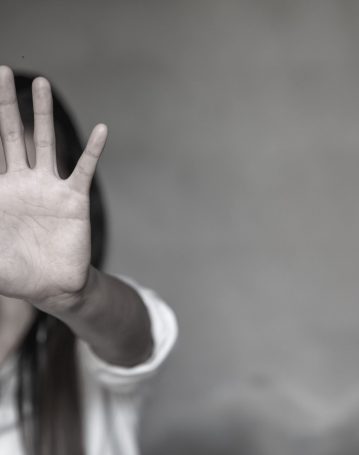Violence Against Women Act (VAWA)
No one must have to endure the threats of violence or injuries, least of all from a U.S. resident spouse or family member. It becomes even more challenging when you have to maintain your legal status while facing the abuse. Fortunately, VAWA is a powerful legal tool designed to help domestic abuse victims in the U.S., even those who do not retain the protections of citizenship.
VAWA: Quick Overview
Living in an abusive environment is both physically and mentally exhausting. If you wish to escape the violence yet legally reside in the country, VAWA is for you. VAWA or the Violence Against Women Act protects women, men, boys, and girls suffering domestic violence. Under VAWA, you get three different options to file an appeal:
Self-Petition
You can directly self-petition for your green card without having to depend on your spouse for your legal status. It will enable you to live and work in The States independent of your abusive relationship.
Deportation Defense
There are instances when abusing partners use divorce to deport the abused partner. You can have VAWA cancel your removal orders via an immigration court and legally remain in the country while changing your marital status.
Adjustment of Status
If your spouse abandons you before the expiry of your conditional permanent residency status, you can demand restriction removal on your green card status. Upon modifying the status, you will get a work permit while seeking permanent residency status.
If VAWA applies to your case, a qualified attorney can help form a suitable action plan and help you achieve safe living conditions.
Eligibility Criteria
Essentially, you must prove that you are the suffering spouse, parent of an abused child, or the parent being physically battered – all this by a lawful permanent resident or a U.S. citizen spouse. A few more eligibility requirements might include:
- The abuse must have occurred in America
- The victim must be living with the abuser
- The petitioner must provide evidence of “good moral character”
- The abused spouse must prove the marriage was entered into “good faith”
- The abuse occurred during the marriage, which is still valid
- If at all, the marriage must have been terminated less than 2-years of petitioning
The acts of violence include sexual abuse, physical abuse, verbal abuse, economic abuse, emotional abuse, isolation, and threats of deportation or child abuse. Having photos of injuries, 911 transcripts, police reports, restraining orders, or medical records as evidence isn’t necessary but only helps strengthen your case.
Seek Legal Help – Talk To Our Immigration Lawyer Today
If you need legal assistance filing a VAWA petition, our accomplished immigration attorneys at Daniel Albert Law can help. Call our office at 832-930-3059 or book a consultation today to discuss your case. We will make sure to provide top-quality representation that you deserve and the results you need.



